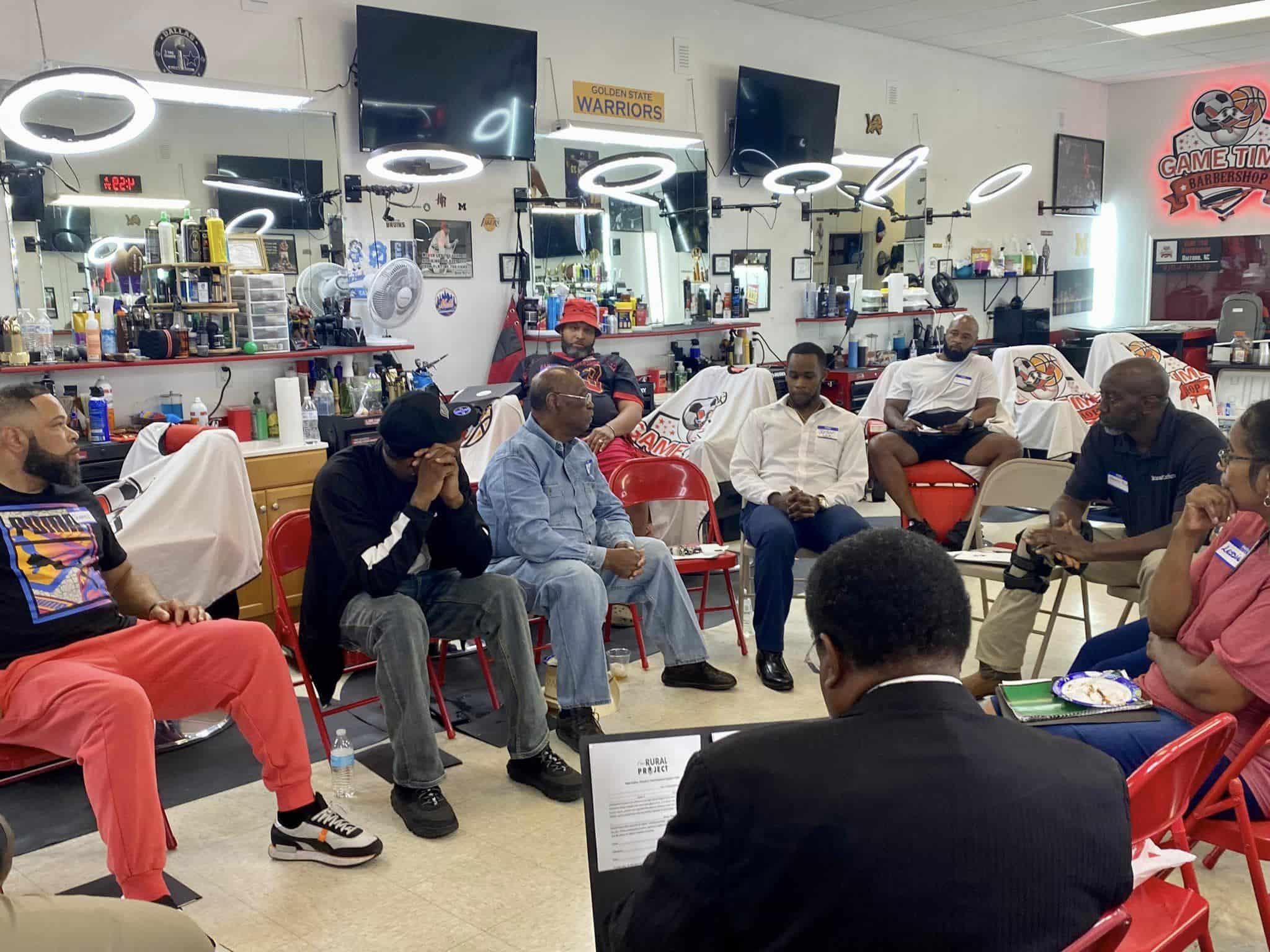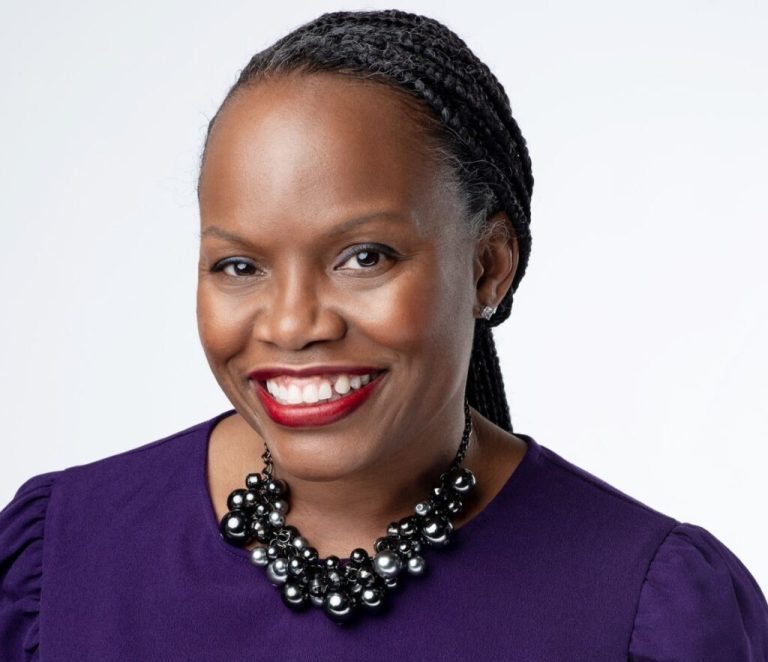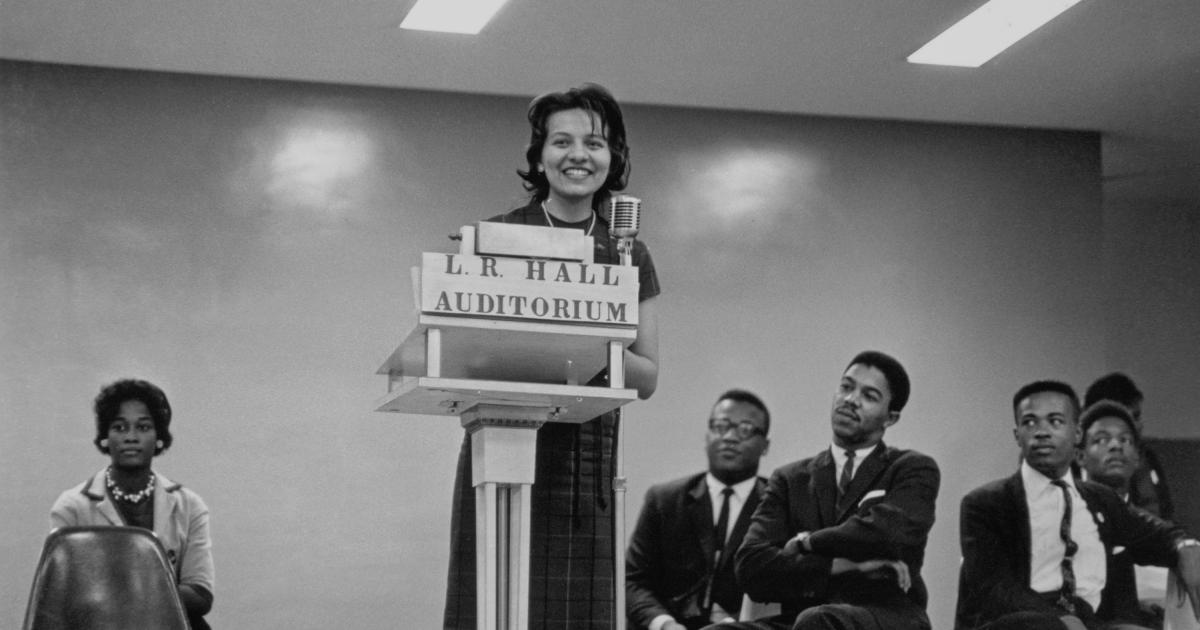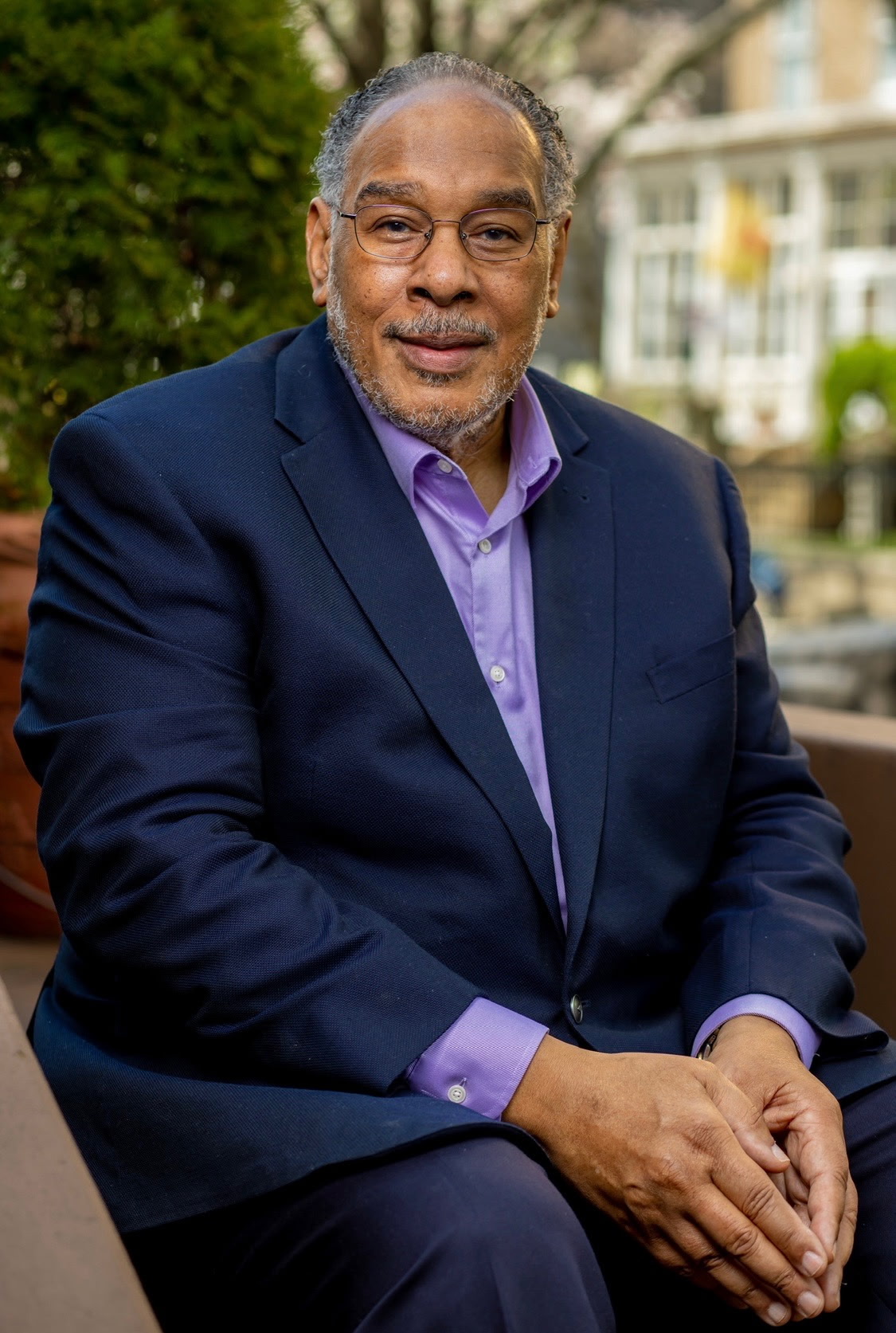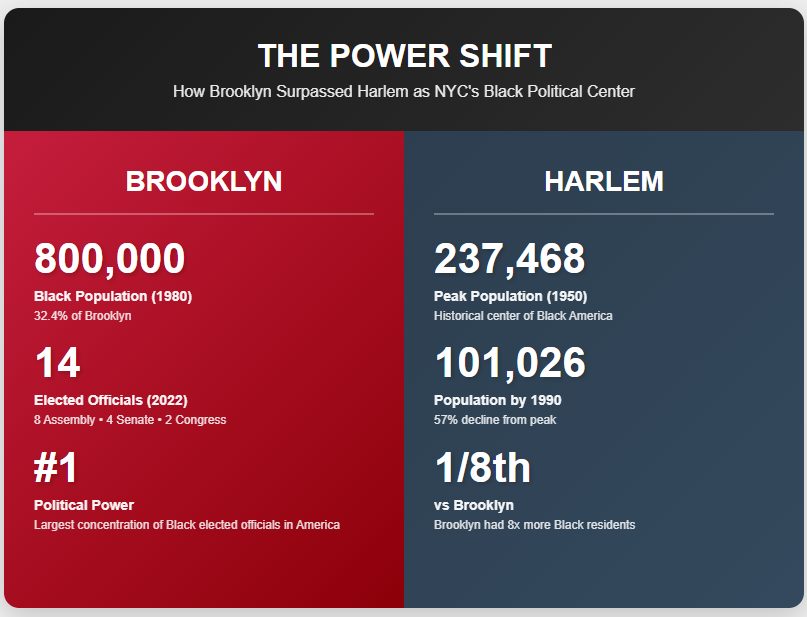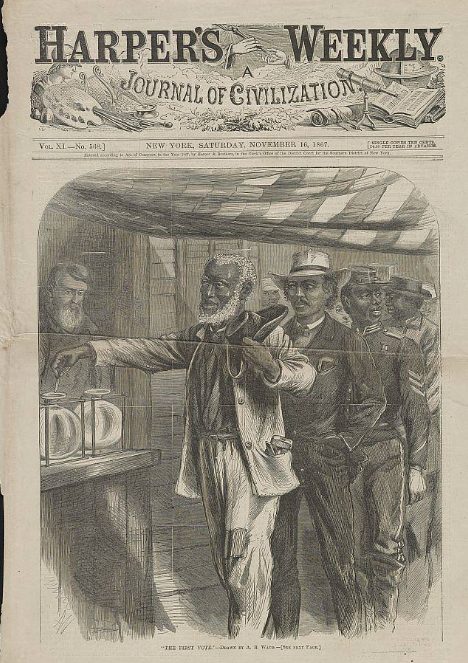The anniversary of the Feb. 21, 1965, assassination of Malcolm X became surrounded by a renewed wave of passion in the gloomy nationalist leader’s life and death — in particular with the open of the original Netflix assortment Who Killed Malcolm X? and the next recordsdata that the The vast apple District Attorney will evaluate the investigation of his death.
But while the Netflix assortment attempts to provide a sizable overview of his life, political activism and relationship with Elijah Muhammad and the Nation of Islam (NOI), it is lacking a deep discussion of the a form of females who formed Malcolm X’s political solutions and trajectory. At this 2d heading out of Gloomy History Month and into Females’s History Month, it’s fee noting that, in giving quick shrift to those key americans, the assortment is now not alone.
Gloomy females had been key to Malcolm X’s political pattern and intellectual growth. Gloomy females radicals such as Audley “Queen Mother” Moore and Vicki Garvin had been his mentors. They helped him refine his solutions on various problems, in conjunction with gloomy radicalism and internationalism. They moreover supplied advice and supplied toughen and steering because the effectively-identified gloomy nationalist leader navigated a myriad of challenges.
It is now not unpleasant, therefore, that Malcolm spoke on the overall of the challenges gloomy females confronted in the United States. In undoubtedly one of his most iconic speeches, delivered on Might maybe just 22, 1962, he insisted, “the most disrespected particular person in The United States is the gloomy lady.” Malcolm’s words ring real to for the time being — and marginalization of gloomy females’s voices in mainstream narratives of his life underscore this point.
Even supposing many gloss over her life and affect, Louise Runt, Malcolm X’s mother, became undoubtedly one of a in reality much females in his life—a degree that Malcolm’s daughter, Ilyasah Shabazz, discusses in her memoir, Growing Up X. Born in Grenada in 1897, Runt relocated sooner or later of the early 20th century to Montreal, where she became moving in the Standard Negro Enchancment Association (UNIA)– arguably the most influential gloomy nationalist group of the 20th century.
When she and her husband Earl relocated to Omaha in 1917, Louise Runt became an organizer in a native UNIA chapter. Per historian Erik S. McDuffie, she became “a good and dynamic lady, now not some ‘crazy’ or apolitical figure as she is on the overall portrayed in the scholarship about Malcolm X.” She became moreover Malcolm’s earliest teacher. Among other issues, Runt uncovered Malcolm and his siblings to various languages (she spoke several, in conjunction with French and Patois) and insisted that they read gloomy newspapers adore the Negro World. These early experiences left a designate on Malcolm. They laid the groundwork for his later passion in world problems.
Gain your history repair in a single location: join the weekly TIME History publication
Malcom X’s views on gloomy radicalism had been moreover formed by his friendships with several gloomy females activists and writers. For the duration of the early 1940s, political theorist and labor organizer Vicki Garvin actively tried to attend Malcolm to join the Neighborhood Party. Whereas Malcolm resisted the postulate, he acquiesced to Garvin’s invitations to attend several lectures and talks in Harlem. These early encounters sparked the initiating of a lifelong friendship between the 2. Historians Erik S. McDuffie and Komozi Woodard show that the 2 activists spent much time discussing “revolution and political economic system,” and those conversations had been compulsory for shaping Malcom’s political outlook. Whereas in Harlem, Malcolm moreover developed meaningful friendships with several other females, in conjunction with Maya Angelou, Shirley Graham Du Bois, and Audley “Queen Mother” Moore.
“Queen Mother” Moore, a key figure in the contemporary reparations dawdle, became especially influential to shaping Malcom’s views on self-decision and gloomy internationalism. Born in Unusual Iberia, La., in 1898, she became an brisk member of the UNIA till she joined the Communist Party sooner or later of the early 1930s. By the 1950s, she became broadly is named undoubtedly some of the influential gloomy female political organizers and theorists in the nation. Malcolm X gravitated to Moore, who never ignored a possibility to empower younger gloomy activists.
The 2 labored intently together in those years, with Moore emphasizing to Malcolm the significance of Pan-Africanism and internationalism in the fight for gloomy freedom. These encounters and conversations helped Malcolm to broaden his political imaginative and prescient and embrace a more world standpoint. They moreover planted the seeds for his decision to set the Group of Afro-American Cohesion (OAAU), which advocated collaborations between African American citizens and americans of African descent in the Americas.
Following Malcolm X’s assassination, the females who supported him sooner or later of his life labored tirelessly to withhold his legacy alive. His widow Betty Shabazz became especially influential on this regard. Whereas juggling many responsibilities, in conjunction with elevating six youngsters on her own, Shabazz labored to achieve her husband’s political work and guarantee that that others would greater perceive his solutions and ideologies. In 1975, she earned a doctorate in training from the College of Massachusetts at Amherst, where she accomplished a dissertation on the group Malcolm had based several years earlier.
From Louise Runt to Betty Shabazz, gloomy females had been influential to shaping Malcolm X’s solutions and political pattern. He acknowledged as much in his own writings and speeches. No history of Malcolm X is therefore total with out a vital consideration of the females in his life who served as mentors, lecturers, confidants and visitors.
Historians’ perspectives on how the previous informs the newest
Keisha N. Blain is an Partner Professor of History at the College of Pittsburgh and President of the African American Intellectual History Society (AAIHS). She is the author of Role the World on Fire: Gloomy Nationalist Females and the Global Fight for Freedom.
Gain our History Newsletter. Put today time’s recordsdata in context and heed highlights from the archives.
Thank you!
Contact us at [email protected].




